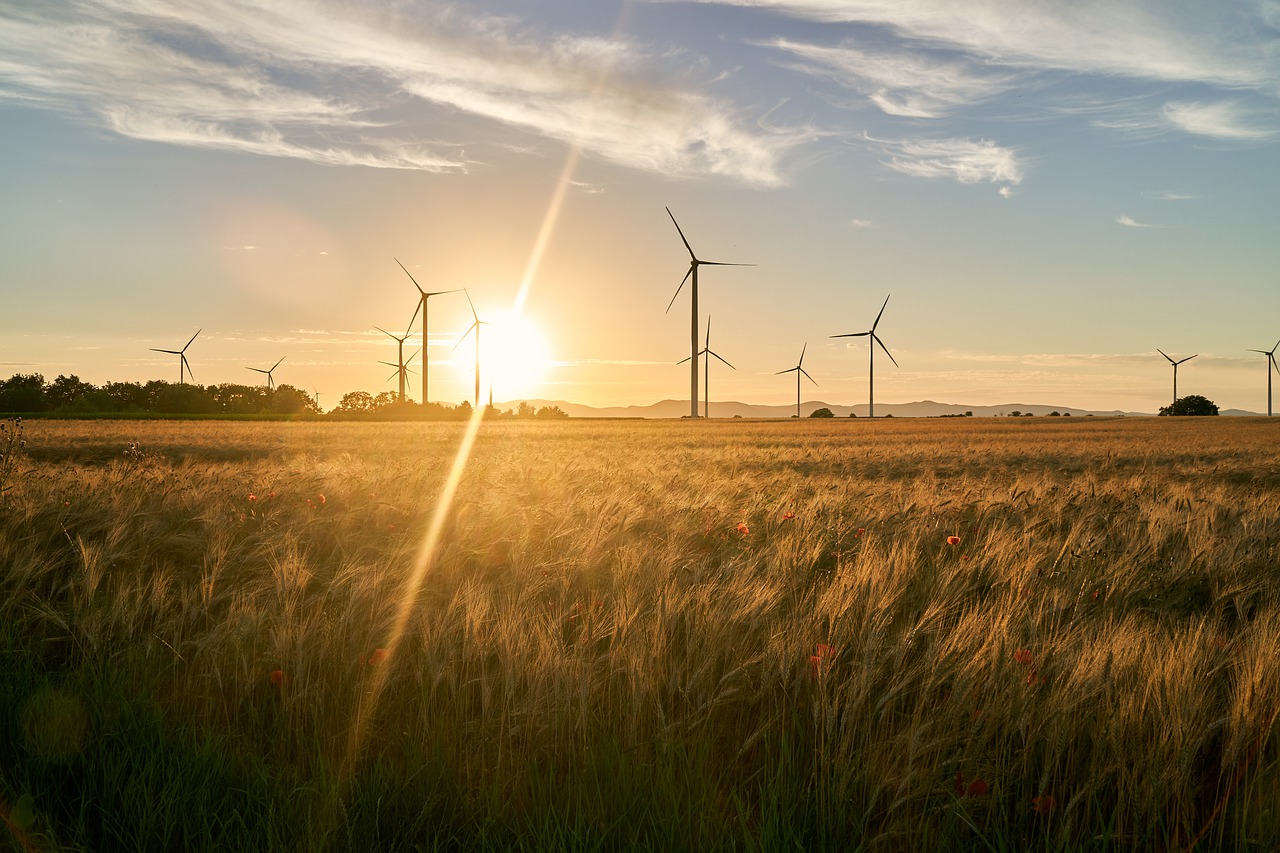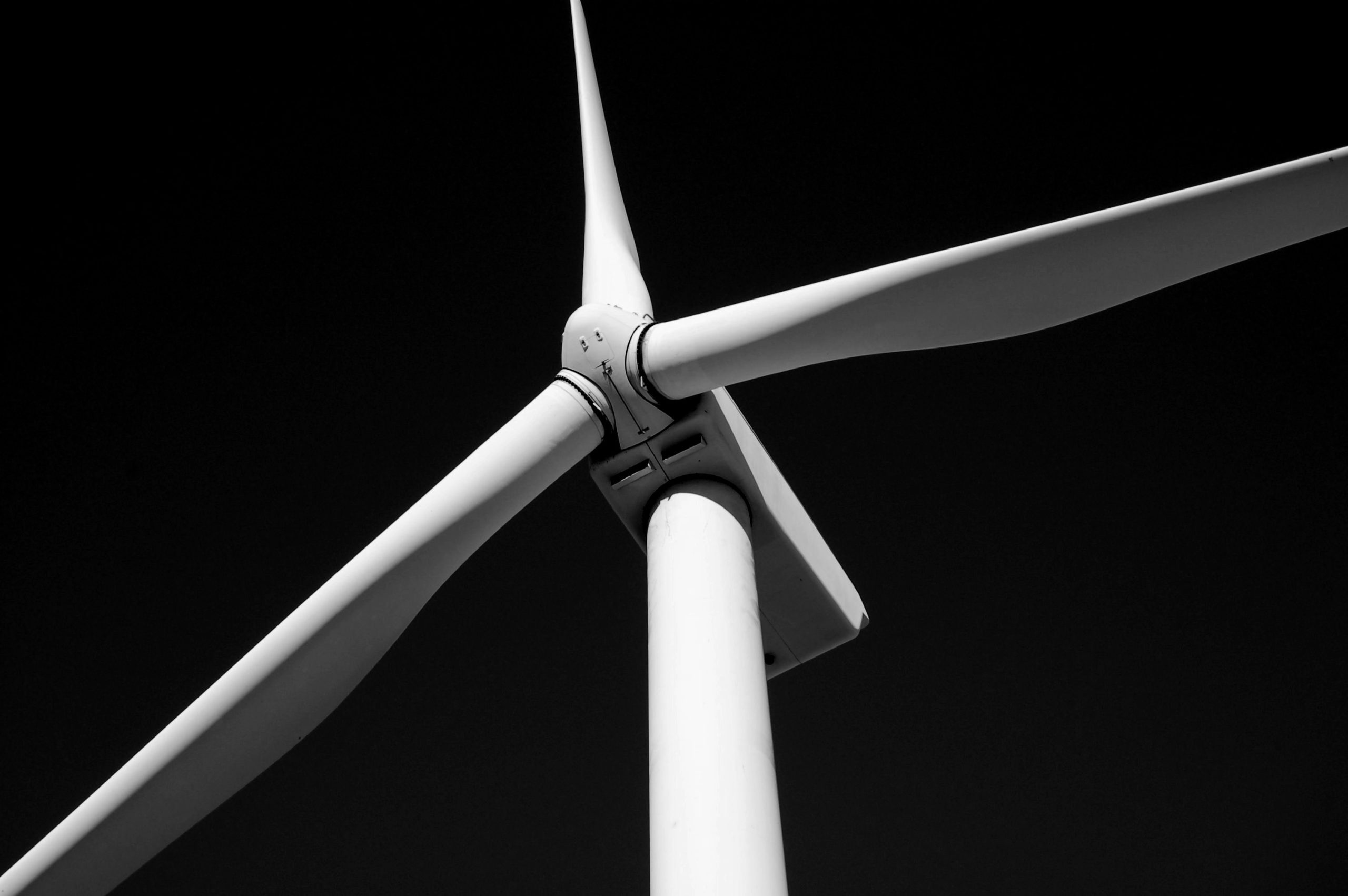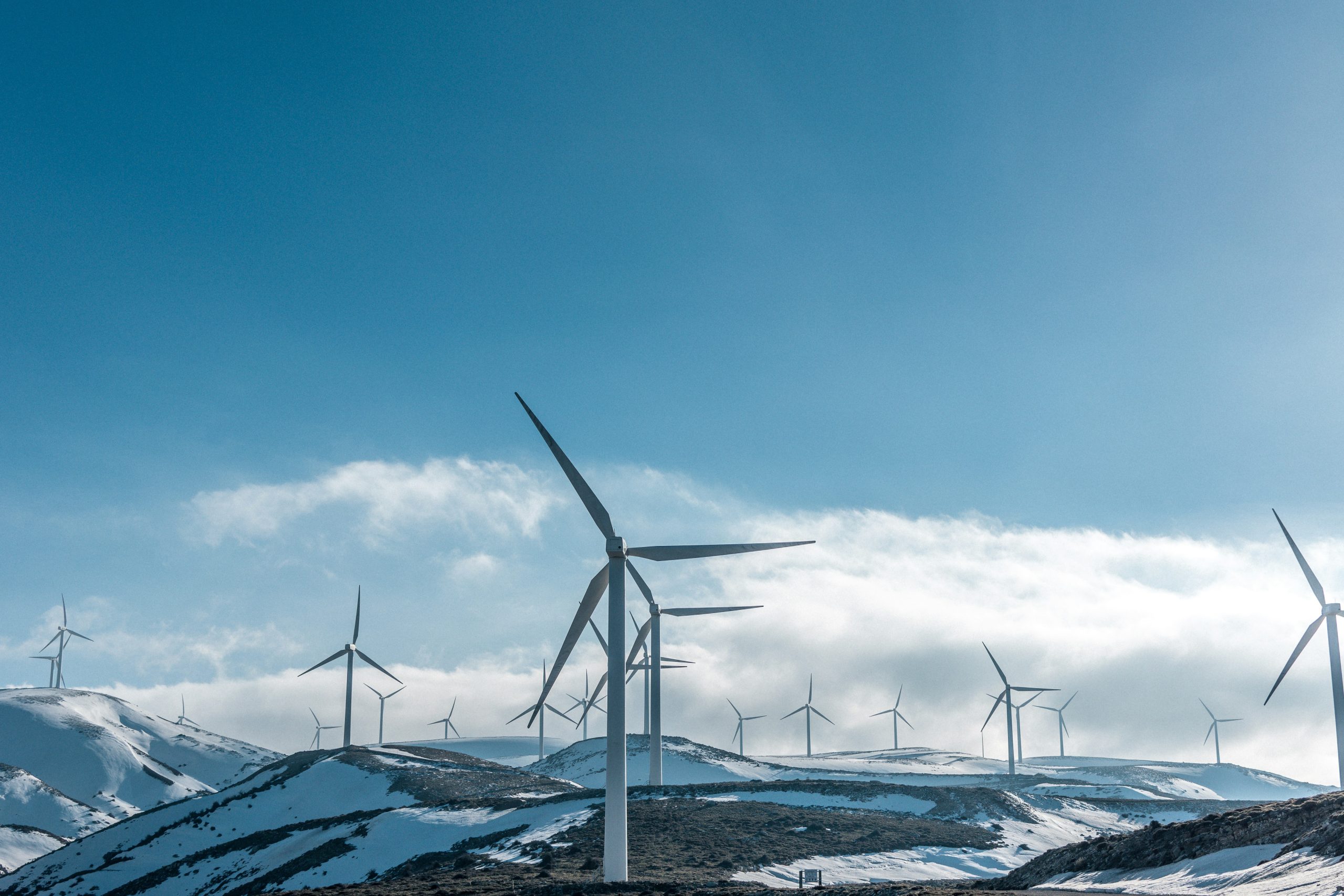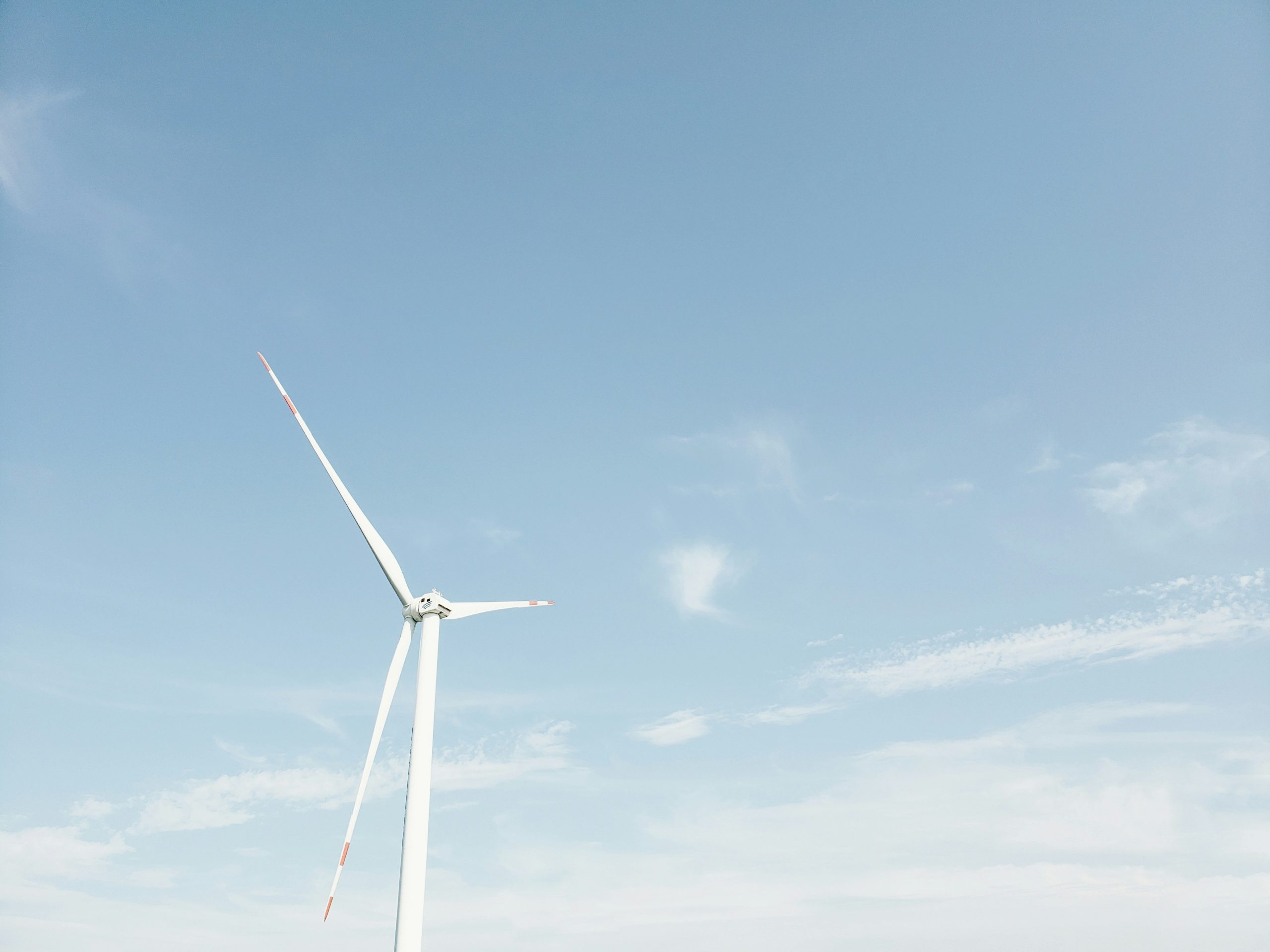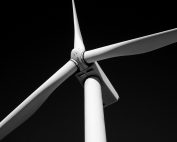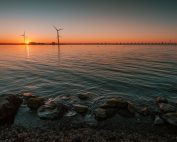On April 13, the Lithuanian government approved amendments to legislation drafted by the Ministry of Energy to accelerate the development of RES in Lithuania. The new legislation removes the bureaucracy and excessive restrictions on photovoltaic and wind power plants and encourages the formation of energy communities, the department says.
Lithuanian Minister of Energy, Dainius Kreivys, stresses that if the Seimas approves the government’s proposals, Lithuania could achieve full energy independence by 2030. In 2030, Lithuania’s total installed green energy capacity is expected to be 7 GW, of which 1.4 GW will come from offshore wind, 3.6 GW from onshore wind, and 2 GW from solar.
– We will produce 93% of the electricity we need ourselves, and all of it will come from RES,” said Kreivys, the Minister of energy.
Then, Lithuania would be among the European leaders in RES energy production. The Minister also stresses that the war in Ukraine and uncertainty in global energy markets mean that the rapid development of green energy in Lithuania is the only sustainable way to ensure the country’s independence and energy security.
Reducing bureaucracy and excessive requirements for RES projects
Shorter lead time and clear conditions and requirements for projects are prerequisites for RES development in Lithuania. The ministry has proposed that the in the construction of photovoltaic power plants it should be clear that environmental impact assessment (EIA) procedures are not required. This would enable enough solar parks to be built in the near future to provide cheaper electricity to residents and support socially vulnerable groups.
The amendments make a clear distinction between when a wind farm must undergo a full environmental impact assessment and when it must undergo an abbreviated EIA procedure. In the case of wind farm development, a full environmental impact assessment will only be carried out if 7 or more wind turbines are built and if at least one of the turbines is over 230m high.
Safe distances for wind farms have also been established: installations should not be built without consent within four times the height of the wind turbine from a residential house.
The amendments also propose to allow the construction of wind and solar power plants on agricultural land, while ensuring that the land can be used for its intended purpose, i.e. without changing land use, the release reads.
The changes also introduce a new hybrid power plant concept to achieve efficient network capacity. This will allow different RES plants (e.g. solar and wind) and energy storage to be connected at a single point on the grid, without combining their capacities, allowing for the most efficient use of the grid.
RES developers would be subject to a production bonus that would be paid to municipalities to provide funding for community projects. It is proposed that RES producers donate about 3% of their annual revenues (€1.3/MW) to local communities.
Facilitating the development of customers generating electricity for their own use
Lithuania aims to have one in three consumers generating their own electricity by 2030. According to the Minister of Energy, funding alone is not enough. It is also necessary to create an attractive regulatory environment. It is proposed to abolish expansion and production permits (currently only power plants up to 30 kW do not require them), to remove restrictions on the installed capacity of power plants for generation customers (currently generation customers can build power plants up to 1,000 kW), and to allow storage of electricity on the grid for 2 years (from April 1 to March 31).
Energy communities
Regulations on energy communities in Lithuania entered into force in 2019, but their potential has not yet been realized – currently there is not a single community created around RES installations in Lithuania. The Lithuanian government wants to enable municipalities to set up RES energy banks and finance socially vulnerable groups such as large families and low-income earners.
Source: Ministry of Energy of Lithuania
